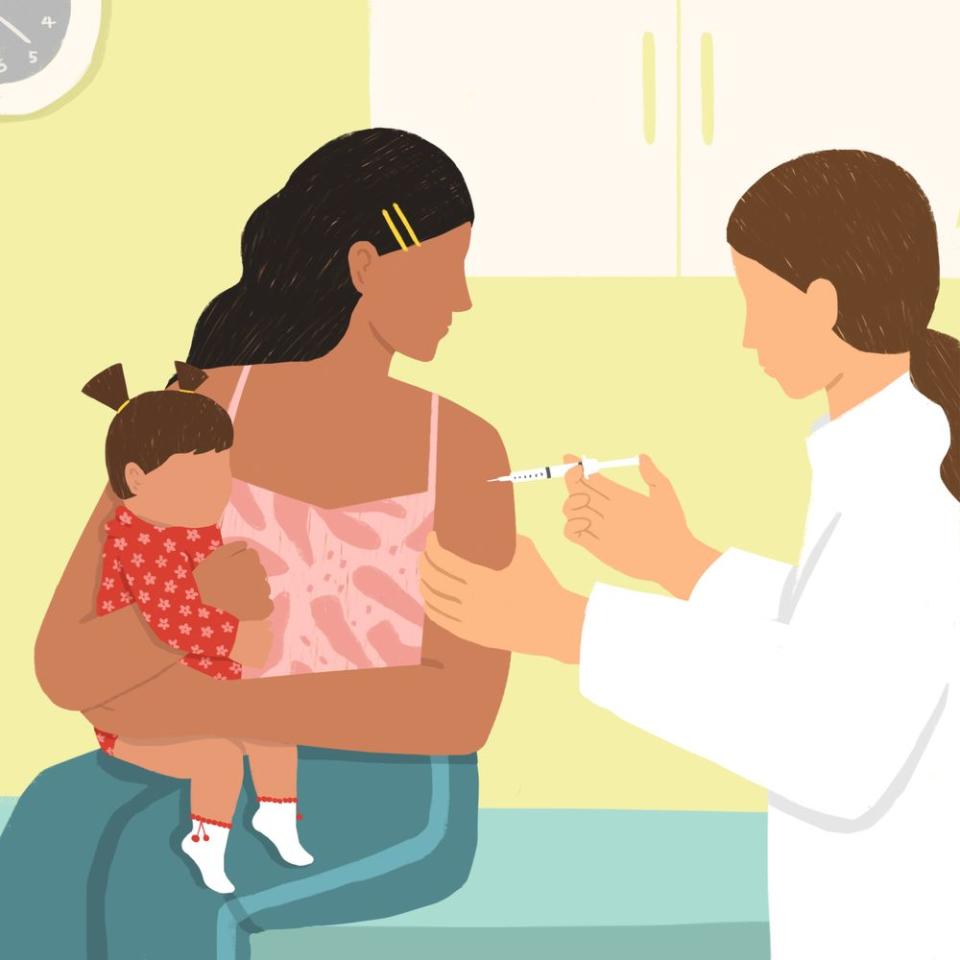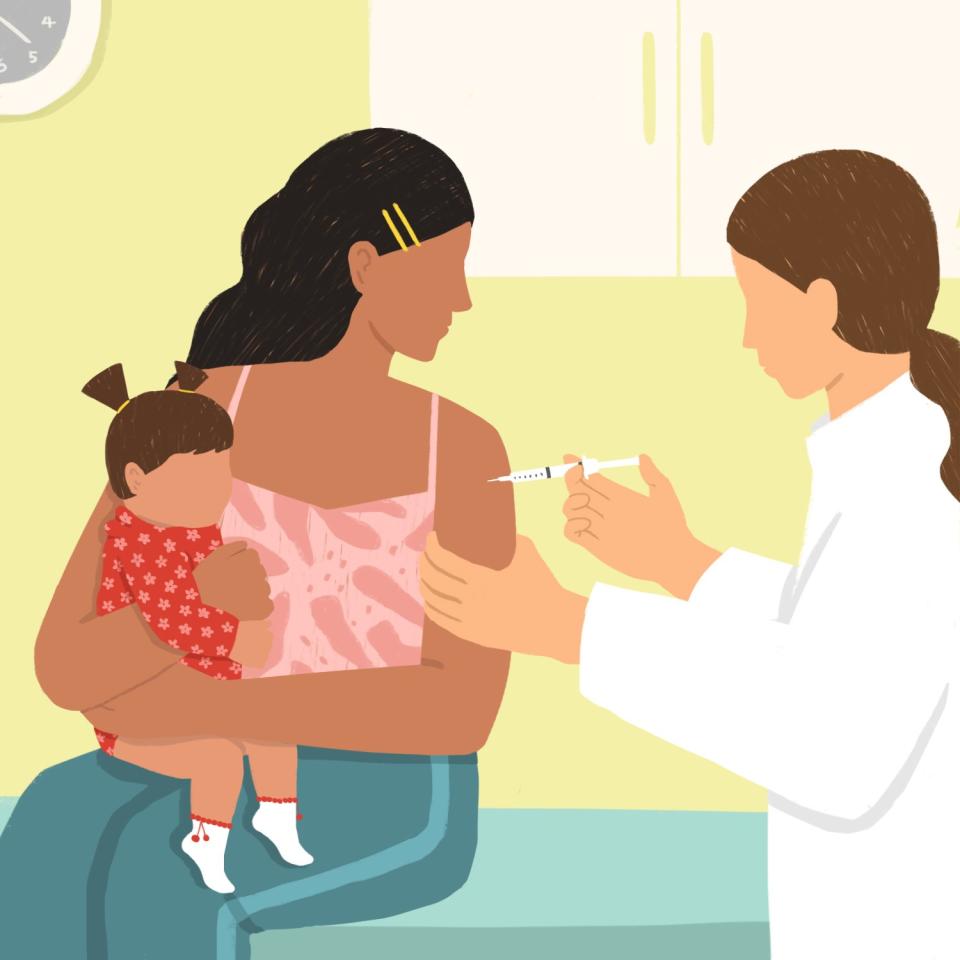Measles in Adults: Should You Get Another Vaccination?

The United States is experiencing its largest measles outbreak since 1994. As of May 3, 2019, 764 individuals in 23 states have been affected, according to the Centers for Disease Control and Prevention (CDC). But while a majority of sufferers are unvaccinated children, you’re probably wondering about the chances of contracting the highly contagious virus yourself. Here’s your guide to making sure you’re immune to measles as an adult.
All About Measles and the MMR Vaccine
In its early stages, measles causes fever, fatigue, and other cold-like symptoms. Eventually the sufferer develops a cough, watery red eyes, and the signature rash. Measles usually goes away without incident, but it can cause complications like pneumonia or ear infections. Encephalitis (brain inflammation that can lead to brain damage) may also happen in rare cases. For every 1,000 cases of measles, two to three people will die.
Measles was technically eliminated in America about 20 years ago, thanks to the measles-mumps-rubella (MMR) and measles-mumps-rubella-varicella (MMRV) vaccines. According to the CDC, children typically receive one dose of the MMR vaccine at age 12-15 months, which provides immunity in 93% of cases. A second dose is required at age 4-6 years; this gives 97% immunity against measles.
Since nine of out 10 unvaccinated people will contract measles if exposed to the virus, most doctors urge parents to adhere to this vaccination schedule. “The measles virus only lives in humans, so measles may get eliminated for good if everyone gets the vaccination,” says Bettina Fries, M.D., a professor of infectious diseases at Stony Brook University. “Nobody in this world should die of measles.”
Measles in Adults: How to Protect Yourself
Here’s a scary fact: About five in 100 vaccinated individuals will lose their measles immunity by adulthood. Fries references a December 2014 measles outbreak at Disneyland that struck 52 people – including six who received the MMR vaccine. Four of the infected individuals received both doses of the vaccine.
So how can an adult protect himself in the midst of the current measles outbreak? First of all, don’t panic. According to David Witt, M.D., infectious disease consultant and Regional Healthcare Epidemiologist with Kaiser Permanente in Northern California, “Adults born before 1957 almost certainly had measles and are considered immune. All persons who were in the military have been vaccinated. Anyone who received two measles vaccine doses is considered immune.” What’s more, he assures that 90-95% of people who received a single dose vaccine after 1973 should be protected against the disease.
Despite these promising facts, however, two groups of people might not be fully protected against measles: those unsure of their immunization status and those vaccinated between 1963-1967 (the MMR vaccine contained an inactivated virus during this time, and it wasn’t as effective). If you fall in either of these groups, visit a healthcare provider. Your doctor will test your blood for antibodies – or she may simply recommend you get at least one dose of the MMR vaccine.
It’s important to note, however, that the CDC recommends unvaccinated individuals with a “high risk” for contracting measles get two doses separated by at least 28 days. High risk individuals include students at post-high school education institutions, international travelers, and healthcare workers. “Getting vaccinated is the only way to prevent the disease and protect yourself, your family, and the community from measles,” says Dr. Witt.
Who Shouldn’t Get Vaccinated?
Despite the importance of the measles vaccine, those with compromised immune systems should not receive it, says Dr. Witt. This includes anyone undergoing transfusions and chemotherapy, as well as those taking high dose steroids and immune modifiers. You should also check with a doctor if you have “a parent, brother, or sister with a history of immune system problems,” says the CDC. In addition, pregnant women should not receive the vaccine, and women should avoid conceiving within one month of getting vaccinated. Talk to your healthcare provider for more information.


